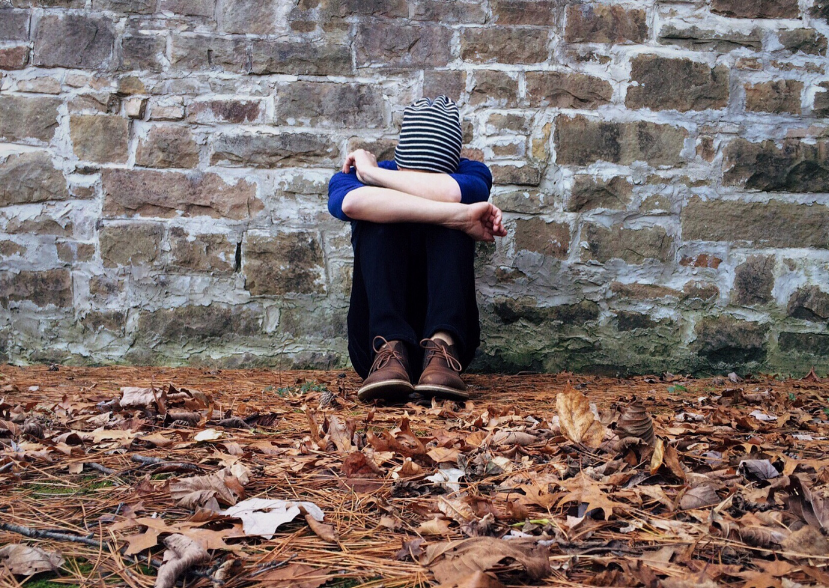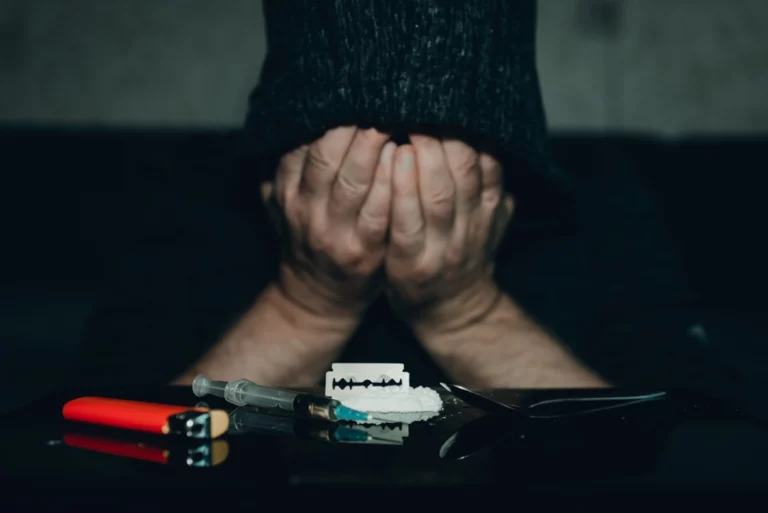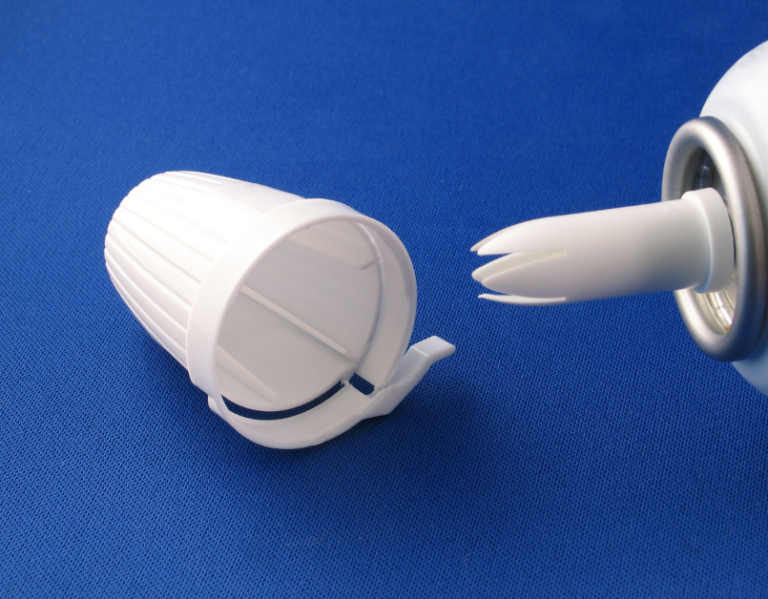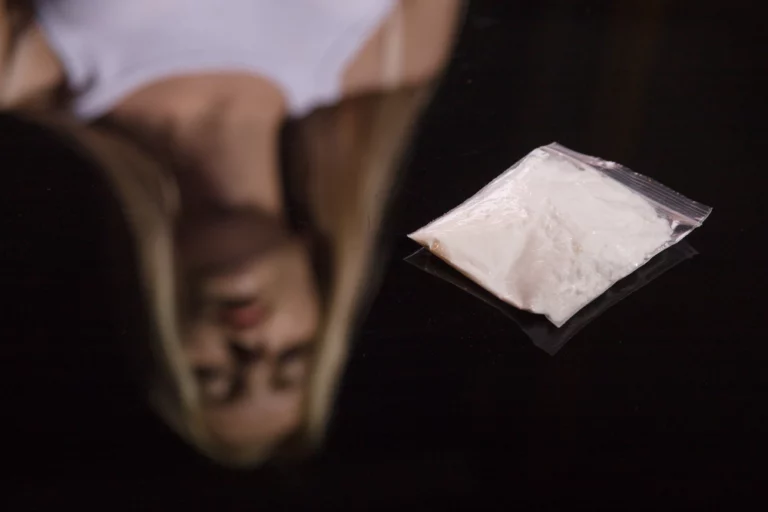Living with anxiety is difficult enough without adding a cocaine addiction into the mix. If this sounds like your situation, we at Asheville Detox want to help you. We understand how strong the anxiety can feel sometimes as if it dominates your life.
The key is to take control of your situation, wherever you stand at this moment, and make the right choice for you. Let’s take a moment to talk about how a cocaine and anxiety often go hand in hand, and how one feeds the other.

What Are the Side Effects of Cocaine?
When you do cocaine, high levels of dopamine flood your brain. This causes several other possibilities to occur. You may be overly happy, or you might become angry and irritable. You also could become paranoid as your five senses are heightened. You may experience a decrease in your appetite.
Those who choose to regularly do cocaine may have more serious side effects and health problems, which may include:
- Seizures or Convulsions
- Heart Attack, Stroke
- Heart Disease
- Moodiness
- Headaches
- Lung Trauma
- If Injected: HIV or Hepatitis
- If Swallowed: Bowel Decay
- If Snorted: runny nose, trouble swallowing, nosebleeds, loss of smell
Cocaine and Anxiety: Does Cocaine Amplify Anxiety?
Cocaine and anxiety are very closely tied together. However, it is often difficult to discover which one came first. This is because many people who already have anxiety self-medicate by trying cocaine. However, what these individuals find out is that doing cocaine only exacerbates their existing anxiety, making it worse than it was before.
Once they have begun this cycle, the brain forgets how to get by without using cocaine, and addiction begins. When any small amount of stress appears in their world, they turn to cocaine. As a result, the addiction and the symptoms of their anxiety disorder only deepen.
The second scenario happens when someone who had no previous anxiety symptoms begins to use cocaine, and then they develop an anxiety disorder. There are several reasons that this may occur.
The first is that because cocaine is a stimulant, it quickens neurotransmitters in the brain, causing anxious feelings. Secondly, as insomnia is a side effect of cocaine use, when you don’t get enough sleep, you can become increasingly stressed out and anxious. Physical stress that is placed on the body from cocaine use leads to mental stress and anxiety as well.
Anxiety also happens during cocaine withdrawals, when the brain’s neurotransmitters drop intensely. As the brain seeks to find equilibrium again, you become anxious and often depressed.
In addition to the physical stressors, a worsening addiction places you in situations that cause you even more stress and further contribute to your cocaine and anxiety symptoms. Some of these situations include:
- Having trouble holding down a job
- Buying drugs on the street
- Having difficulties with relationships
- Making choices that their sober self would not make
What About Cocaine and Depression?
Perhaps you might be wondering what relationship cocaine has to depression, which is so closely tied to the combination of cocaine and anxiety.
Just like some people do to relieve anxiety, some individuals use cocaine to bring themselves out of a depressive state. While this may temporarily work when they are high from the drug, after it wears off, there is a problem. For those who have become dependent on cocaine, depression is inevitably felt the next day.
How Do You Know If You Have a Cocaine Addiction?
Perhaps you have experimented with cocaine several times, and you are trying to see exactly what you are dealing with. Here are some red flags to look out for that let you know you could be addicted to cocaine:
- You require more and more cocaine in order to get high
- Your cravings for the drug are overwhelming when you try to stop
- You are having financial problems due to cocaine use
- You have become moody
- You prioritize the drug over everything else
- You are withdrawing from family and friends
Signs of Cocaine and Anxiety to Look Out For
Perhaps you are concerned about a loved one because you suspect they have been using cocaine. Catching an addiction early on means that they can get help before it becomes too serious. Let’s take a look at some common signs of cocaine abuse:
- Staying awake for long periods of time
- Loss of appetite
- Being overexcited or overconfident
- Becoming paranoid
- Having dilated pupils
- Having a constant runny nose
- White powder around the nostrils
- Being late to work or missing it
- Having financial concerns
- Being moody or depressed
- Feeling depressed
- Becoming easily irritated
Dangers of Cocaine and Anxiety
The risks that you take when you decide to try cocaine are many. First of all, before you even begin, you are having to put faith in what your drug dealer has cut in with your cocaine. What if they used fentanyl? If so, you are risking your life by doing cocaine this time.
Then, there is the possibility that even if it is your first-time doing cocaine, your body could have a bad reaction to it, and you could have a heart attack or stroke. Don’t forget that the risk of you overdosing on cocaine is ever-present.
Long-term, using cocaine can damage the brain, heart, lungs, and kidneys. Behavioral and physiological changes are also to be expected.

Get Help Today with Asheville Detox
Are you experiencing cocaine and anxiety? We at Asheville Detox understand how intense your anxiety can get when in the throes of cocaine addiction. We are here to help you regain control of your life. Letting go of cocaine is going to take determination from you, but we will stand beside you to help you stay strong.
Going through cocaine withdrawal is going to be challenging, but with the help of our medically-assisted detox program, you will stay safe and comfortable. Contact us or call today and take a step toward a life that is clean and new.







